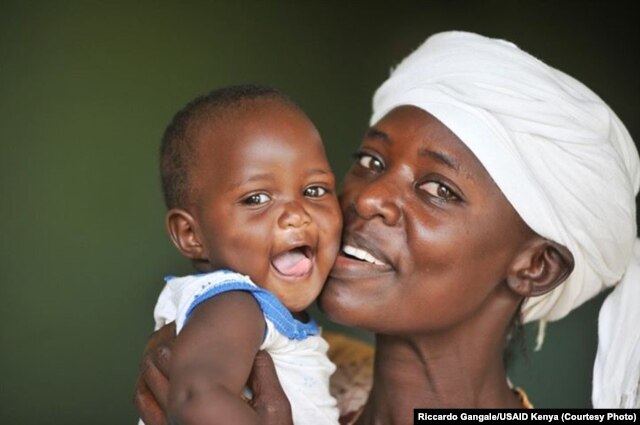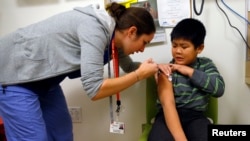waltky
Wise ol' monkey
Granny says, "Dat's right ladies - get yer flu shot an' protect yer baby...

Study: Flu Shot While Pregnant Protects the Baby
May 03, 2016 - Getting a flu shot while pregnant appears to “significantly” reduce the risk of the baby getting influenza in its first six months, according to a new study.
Study: Flu Shot While Pregnant Protects the Baby
May 03, 2016 - Getting a flu shot while pregnant appears to “significantly” reduce the risk of the baby getting influenza in its first six months, according to a new study.
Writing in the journal Pediatrics, researchers from the University of Utah School of Medicine found babies, whose mothers were vaccinated while pregnant, had a 70 percent reduction in laboratory-confirmed flu cases and an 80 percent reduction in flu-related hospitalizations. The study's lead author, Pediatrician Julie H. Shakib said, "Babies cannot be immunized during their first six months, so they must rely on others for protection from the flu during that time. When pregnant women get the flu vaccine there are clear benefits for their infants."

Getting a flu shot while pregnant protects the baby, too.
Researchers say their findings are important because “pregnant women and young infants are among those at highest risk for dying from flu.” The researchers came to their conclusions based on data from more than 245,000 health records of pregnant women and more than 249,000 infant records covering flu seasons from December of 2005 to March 2014. The data also showed that from among the 658 babies who got the flu, 97 percent came from mothers who had not been vaccinated during pregnancy. Of those babies 151 were sick enough to require hospitalization, and 148 of those babies were born to women who had not been vaccinated.
To make sure the results were “not related to change” the researchers also examined cases of another sickness, respiratory syncytial virus, which often occurs in colder weather. They found that flu vaccinations had no effect on the number of babies getting sick with RSV. The researchers said only about 50 percent of pregnant women reported getting flu shots last flu season and that these findings reveal more expecting mothers should get vaccinated. "We just really hope more pregnant women get the vaccine," Shakib said. "That's the take-home message of the study."
Study: Flu Shot While Pregnant Protects the Baby





